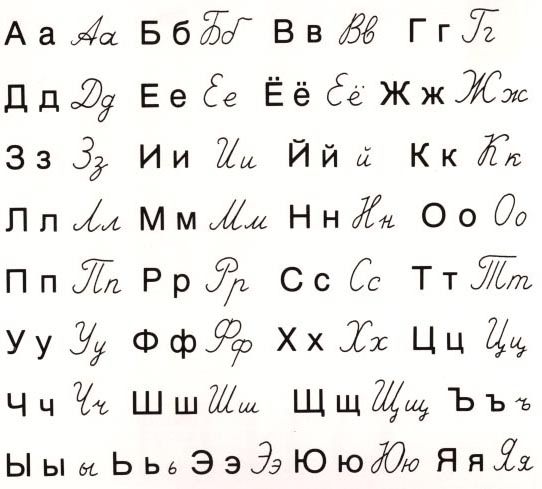With the advent of word processors, it's never been easier for an aspiring writer to sit down and tap out something on their computer in no time at all. In the forward for Fahrenheit 451, Ray Bradbury explains that he had to use a pay-for-time typewriter to type up his manuscript for the book. He didn't have a lot of money at the time, so he would type as fast as humanly possible for his half hour in order to maximize his dime. He did this every day for nine days. If you can imagine typing up a 25,000-word book on an old library typewriter in half-hour increments, then you can see just how lucky were are to have these fancy computer-machines with this convenient Undo function.
This, in addition to smarty-phones.
However, since the nuclear bombs fell, we're all living in a different world: Since there's no more electricity, aspiring writers are forced to find another means of getting their ideas onto the page. If you were raised on word processors, you'll have a more difficult time adjusting to the old hand-written way of life that we now all must share.
I personally use this new-fangled manner of story-writing called Word Processing, but using the pen (or pencil) and paper has certain perks (or quirks) that you don't know about until you're actually doing it.
For one, writing by hand is dramatically slower. The English printed alphabet wasn't made for writing, it was made for the printing press. The form of written English that was actually made for the human hand (cursive) has fallen so far out of use that by 2020 nobody under the age of 21 will know how to read it. This means that our blocky text doesn't lend itself to speedy writing.
(I know this is actually the Russian alphabet, but I thought it looked cool.)
“But William!” you might say, “I can write nearly as fast as I can type! You're wrong in every way!”
If this is true for you, then you're amazing (and probably alone). However, creative writing isn't like taking notes in a class where you have more information to write than you know what to do with. The trick with handwriting something isn't how fast you're doing it, anyway, it's the content. This brings me to the next part of writing by hand: Spelling and definitions!
Since there are no more functioning computers, which were a veritable Swiss Army Knife of useful writing tools, you're going to feel a little vulnerable. This is because you don't have Google sitting in front of you (they were the first to go when the bombs fell). If you suddenly can't remember if haggard is a verb or an adjective, you're going to have to pull open a physical Dictionary (if you can find one) and remember how the alphabet song goes. This is a common writing phenomenon that I call “forgettaworditus,” and it affects millions of writers each year (probably). Usually when it happens, writers who don't want to lose that terrific train of thought they were riding decide to forget all of that and simply use a different word. The same thing goes for spelling. If you're anything like me, you realize very quickly how heavily you lean on the spell-checker when writing.
“Oh my gosh, I can't spell phenomenon, vulnerable, beautiful or increments off the top of my head! WAA!”
Yes, all of those words except “beautiful” are words that I had to right-click spell correct while writing this very blog.
Yes yes, I know that writing by hand makes your hand tired, it takes too long and you have to type it up afterwards, but whenever I write things by hand, lets say in Art Appreciation when inspiration strikes, the things I write turn out differently than they would if I had a computer in front of me. I find that I make character, grammar and word decisions differently than I would with a word processor. I'm not sure if there's a reason other than “to save time” for any of these changes, but I tend to think that it comes out more succinctly.
(Quick, somebody google “succinctly!”)
(Oh wait, you can't. Apocalypse.)

All very true. I think my writing was better when I wrote everything longhand, because I had more time to think about what I was going to say as I was writing down words. Typing, I can type almost as fast as I think, so I don't have as much time to think about what I'm writing. Funny, isn't it?
ReplyDeleteAlso my spelling used to be better before I got dependent on spellcheck. I misspelled dependent just now!
William, you are hilarious and you crack me up. Also, I loved your story from yesterday. It was very suspenseful.
ReplyDeleteI prefer to write in cursive, does that make me weird? :P
@NetRaptor: I remember seeing those pages and pages of binder paper bulging out of your binders. I also remember that I couldn't read your scrunched writing.
ReplyDelete@Meg: Thank you, thank you, and yes it does!
Well since I already told you in person everything I might write, but I just have to say that since I write everything on the computer now, I think my spelling got better.
ReplyDelete